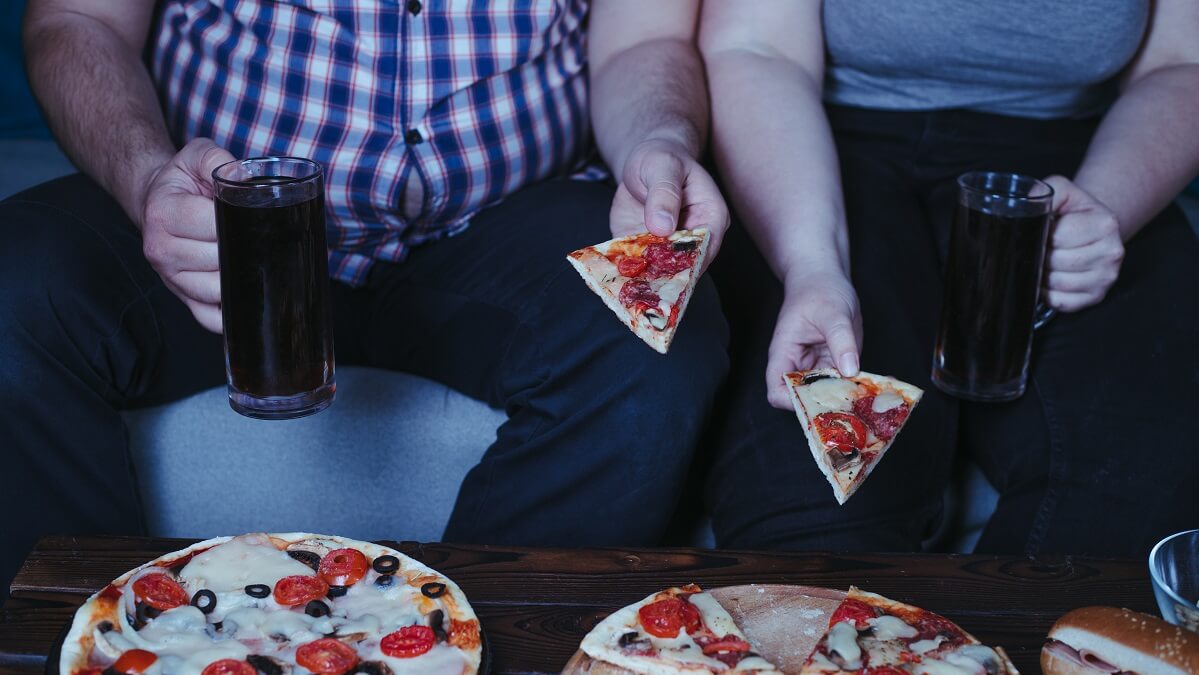You probably already know about the dangers of a diet high in fat.
Obesity, diabetes, heart disease, and possibly cancer are among the potential outcomes of high fat consumption.
Now there’s another one to add to the list, according to new research – pain.
A University of Texas study published recently in Nature suggests that a short-term exposure to a high-fat diet may be linked to pain.
Somewhat startlingly, the link to pain sensations appears to exist even in the absence of a prior injury or a pre-existing condition such as obesity or diabetes.
The results of the study were published in an article titled ‘High-fat diet causes mechanical allodynia in the absence of injury or diabetic pathology’.
That’s quite a mouthful, but the key word in that title is allodynia, which is defined as “pain due to a stimulus that does not normally provoke pain”.
Read: Five ways to reduce inflammation through your diet
Food certainly falls into that category. You wouldn’t normally prepare for a meal by steeling yourself in anticipation of pain, unless you have tooth or heartburn problems.
So what is it about high fat foods and pain?
The study’s authors wanted to know if a high-fat diet in those who did not have those two conditions also had the potential to induce pain.
To test this, the researchers fed groups of mice different diets. They fed some a standard diet, while others received a high-fat diet over eight weeks. This timeframe is important, because during this period the mice on the high-fat diet did not develop obesity or hyperglycemia.
Read: Including this nut in your diet could help you lose weight
However, they did have a much higher “mechanical allodynia response”.
According to study co-author, Michael Burton, PhD: “This study indicates you don’t need obesity to trigger pain; you don’t need diabetes; you don’t need a pathology or injury at all.”
The takeaway from this, according to Prof. Burton, is significant: “Eating a high fat diet for a short period of time is enough – a diet similar to what almost all of us in the US eat at some point.”
And as we know, diets here in Australia are generally fairly similar to those in the US.
But before you cancel tonight’s fast food order, there are a few things to consider, not least of which is that this study was conducted on mice, not humans.
Read: How to lower cholesterol without changing your diet
Laura Simmons, a registered dietitian nutritionist with RET Physical Therapy & Healthcare Specialists, explains: “We must be cautious to not jump to conclusions when studies are done on animals.” But, Simmons went on, that doesn’t mean we should completely ignore animal trials.
“This study does show that further research should be done to better understand how diets like a high fat diet can influence chronic pain within humans,” she said.
While the link between a high-fat diet and pain warrants further research, the link to other health problems of such a diet is well established.
Even if a diet high in fat does not cause you any pain, it is likely doing harm in other ways.
The best advice, therefore, is that which you have no doubt been given many times before: Enjoy a high fat meal, but only occasionally.
Do you keep an eye on the amount of fat in your diet? Will this research change your approach? Why not share your thoughts in the comments section below?

